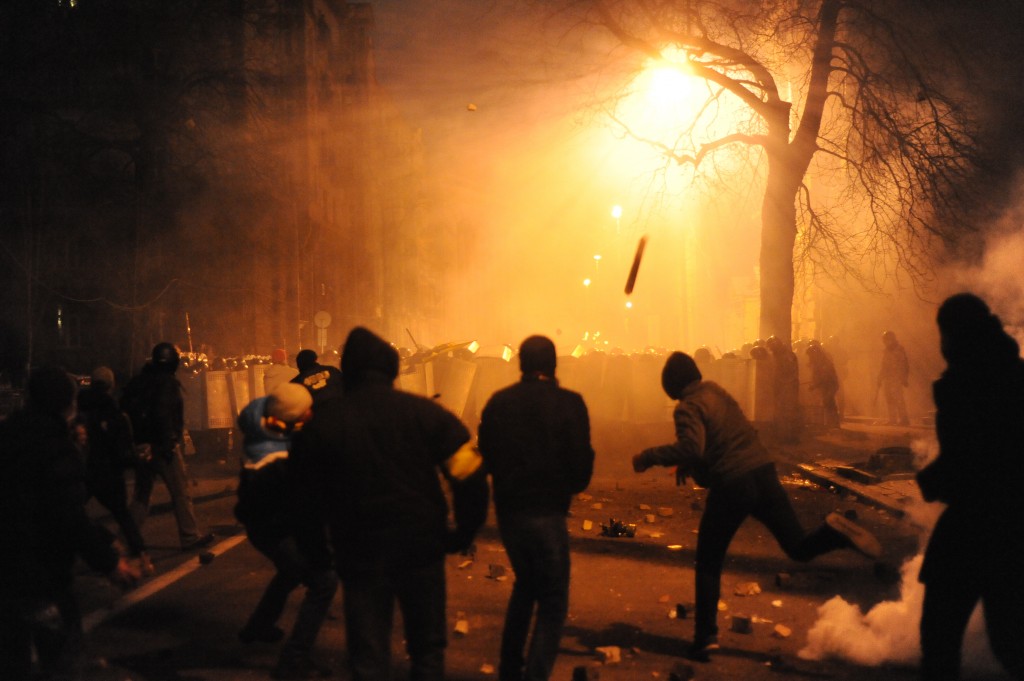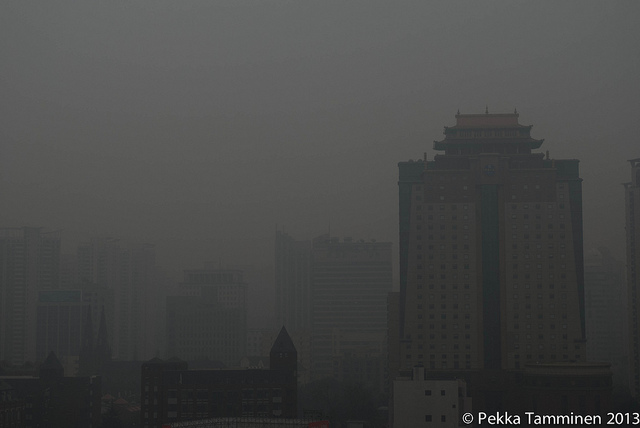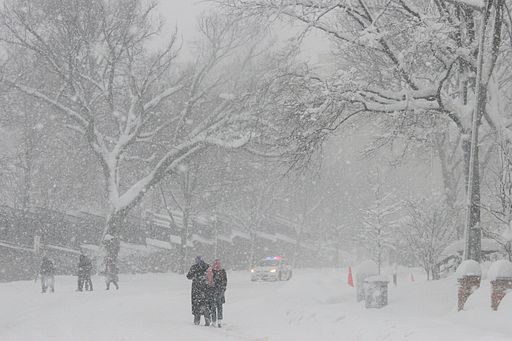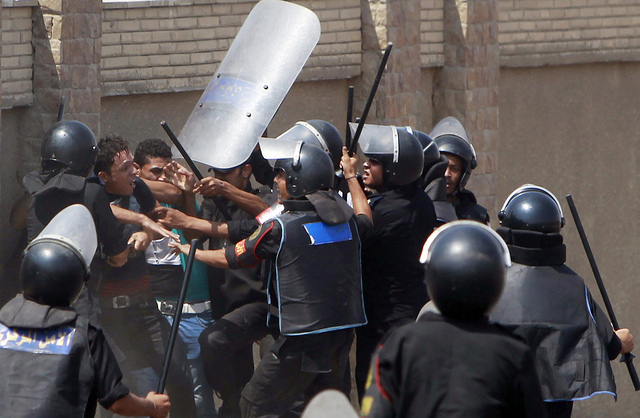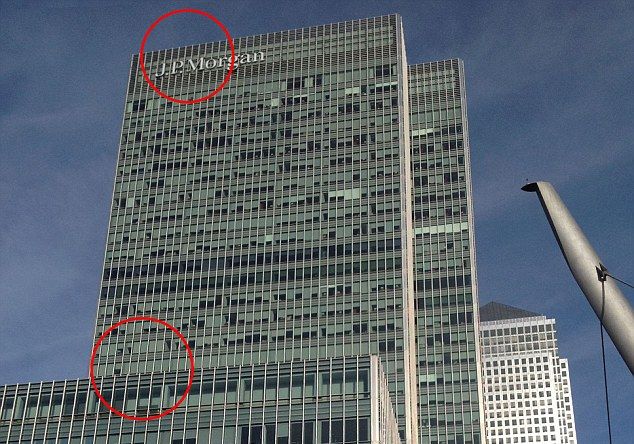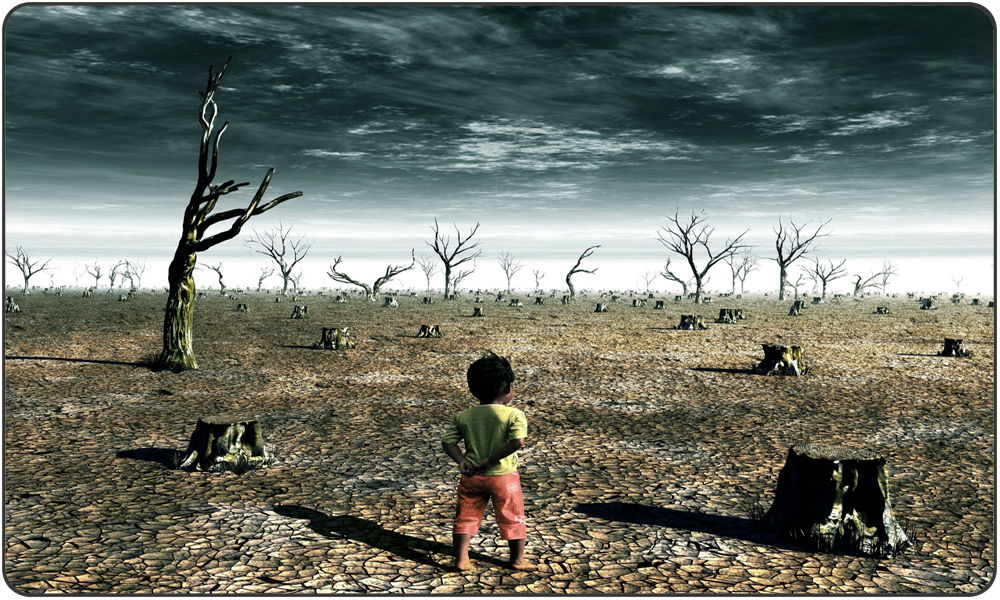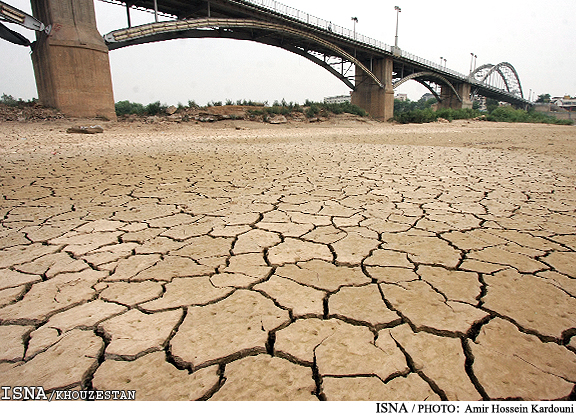
The sudden crash of a wealthy, technologically advanced civilization is not rare in history. Can you say Mayan? (Photo by amber.kennedy/Flickr)
A major, multi-disciplinary study combining the perspectives of theoretical mathematics, natural and social sciences and — gasp! — history, among others, has concluded that a total, irreversible collapse of the world’s industrial civilization is both likely and imminent. The peer-reviewed study, which has been accepted for publication in the journal Ecological Economics, confirms in detail the conclusions of my 2009 book Brace for Impact, the premises of The Daily Impact, and the scenario of my forthcoming novel Tribulation. Continue reading
